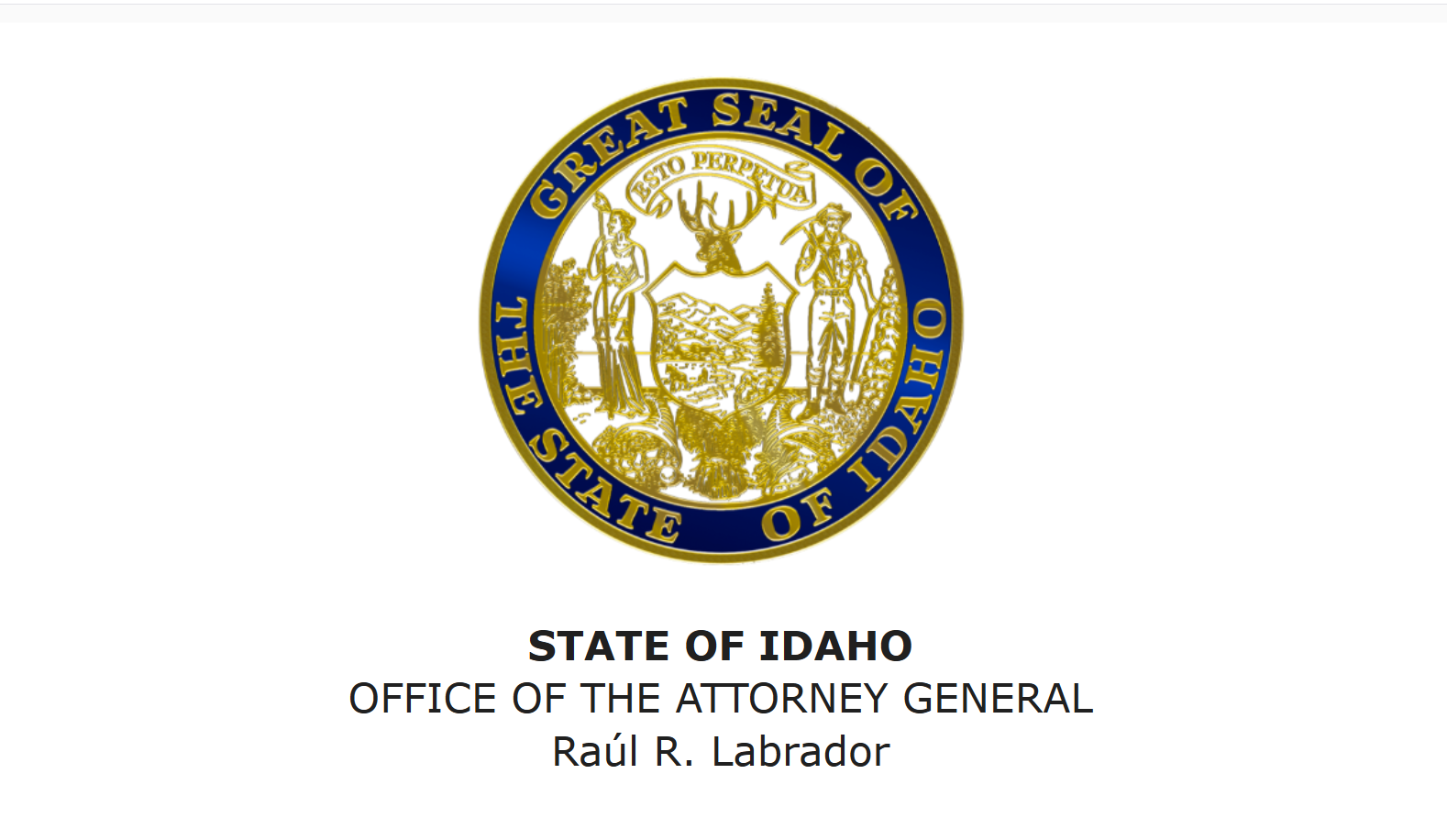Keep Right — Column by Ralph K. Ginorio
In any probe beyond our atmosphere, the greatest hurdle is achieving escape velocity from the Earth’s gravity. Human spacecraft must exceed over 17,500 miles per hour just to gain low Earth orbit. Craft must crest over 25,000 miles per hour to escape Earth orbit and travel to the moon and beyond.
The Saturn V moon rocket-launched Voyager I and II probes have, with assistance from a slingshot maneuver around Jupiter, reached from 35,000 to 38,000 miles per hour, exceeding the Solar System’s escape velocity. Each has since passed into interstellar space. Amazingly, these man-made objects are still in contact with the Earth a half century after their launch.
Individuals and societies also need to overcome both gravity and inertia in order to soar. The default setting of individuals is to conform to the expectations of birth and circumstance; to become what each is expected to be. This natural feudalism, where one is likeliest to follow the path of least resistance, is augmented by both law and custom in most historical and
contemporary cultures and civilizations.
Social mobility and meritocracy are the exceptions to human norms. The American system, and more broadly that within Western Civilization, bucks this conformist tendency by re-orienting traditional society around the widest possible scope of personal choice.
People in our society have the opportunity to do what Vice-President JD Vance did; overcome generations of Appalachian expectations to become a United States Marine, a Yale-educated lawyer, a United States Senator, and the second most responsible man in the Free World.
If that unlikely boy from a shattered family can reach the White House, then anyone in the U. S. has a fair chance to pursue his or her own epic dreams. The key in doing so is to escape what has been called “the soft bigotry of low expectations.” It is our capacity to hope beyond logic that constitutes the proverbial rocket fuel in any effort to transcend the circumstances of our birth.
In this, we are not in any fashion equal, nor shall we ever be. Our gifts and limitations are much too varied to result in anything like equity of result.
However, from our laws to our schools, everything here in the United States calls out for people to imagine grand destinies and pursue them with courage and determination. We champion a rough equality of opportunity which insists that an individual’s personal choices and abilities matter far more than the identity of one’s father. We each have it in us to be self-made men and women: success stories lived more on our own terms than within the limits of our origin.
Any attempt to transcend circumstance will be against the weight of our own capacities for self-doubt. This is why the siren song of identity politics is so utterly poisonous.
Demagogues spew their sanctimonious despair to harmonize with any vulnerable person’s self-doubt or self-loathing in order to gain ascendancy. For Democrats to be able to champion those whom they call the disenfranchised victims of history and of society, individuals within these groups are required to embrace their own inescapable incapability as perpetual victims.
The young must be trained to accept that they will never be given a fair opportunity, that the system is stacked against them. The old must be convinced to deny themselves any possibility of repairing and reforming their broken lives.
All who wish for any improvement in their circumstances must be brought to pray at the altar of the all-powerful State and its Progressive priesthood. Everyone must be catechized in the certainty that only by the State’s intervention can just outcomes ever be achieved.
If we are, both as individuals and as a nation, ever to earn genuine greatness we must slough off these councils of birth-determined identity, collective destiny, and existential despair. We must achieve escape velocity from the inertia of our own self-doubt and the gravity of parasitical social engineers who demand our obeisance in return for their help. Only by freeing ourselves from this dead weight can we pursue our best destiny, as Tennyson once wrote, “to strive, to seek, to find, and not to yield.”









